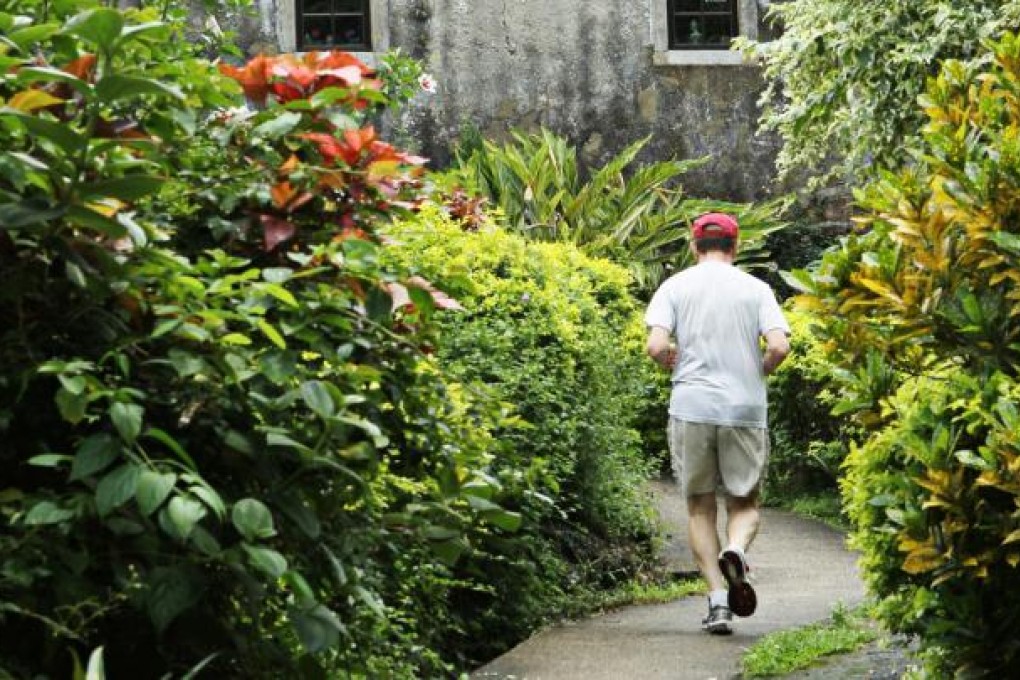
Living Lamma has been lobbying for community improvements on Lamma Island for the last four years.
Standard design and procedures often block action to clean up an area or make it look nice. As Markus Shaw pointed out ("The government must stop 'improving' our countryside", October 30), district minor works are indeed causing blots on our landscape. The Home Affairs Department is empowered to undertake these works but has no ability to make them look good, or budget to maintain the areas.
We examined a little of the history of the relationship between the district office and local indigenous leadership going back to the first colonial officers. We think the cause of the problem lies in this history - minor public works used to be about providing a bit of concrete for pathway improvement or well repair.
Though villagers might have asked for other things, such as nice-looking streetlights, the colonial powers did not entertain such requests, so quaint villages have the same lighting design as highways.
Villagers were given the standard design or nothing at all and the same holds true today. The limit for the district minor works budget has increased to HK$20 million for a single project, yet the only thing the department is able to spend that money on is concrete and railings.
There are undoubtedly local indigenous villagers, some of whom no longer live in the community, who only seek to monetise privileges without regard for the impact on the local environment.